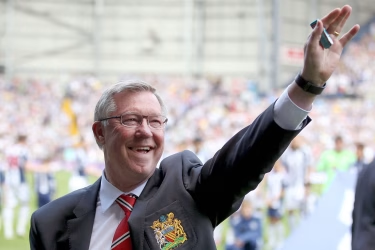
Leading with Vision and Authority
Ferguson’s strength lay in his clear vision and his remarkable control over team dynamics. His leadership style combined firm decision-making with emotional intelligence, adapting to changes in the game and personalities within the squad. He created an environment where respect wasn’t demanded—it was earned through consistency and clarity. Ferguson maintained high expectations, while fostering deep trust in his team. His ability to evolve and lead across generations marked him as one of sport’s most adaptable leaders, with many outside football admiring his organizational methods. His name continues to serve as an example in leadership seminars, books, and executive forums around the world.
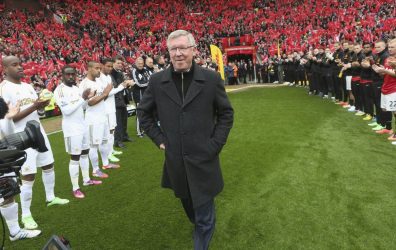
Elevating Young Talent into Legends
A defining trait of Ferguson’s tenure was his fearless promotion of youth players into the limelight. While others leaned on big-name signings, Ferguson focused on building futures. The emergence of the Class of ’92 was no coincidence—it reflected years of strategic investment in development. Players like Scholes, Giggs, and Beckham were not just stars—they were the outcome of a system built on belief and patience. Ferguson’s trust in young athletes sent a message across world football: with the right guidance, raw potential could surpass experience. Today, academies across Europe still echo the standards he set for grooming talent within elite-level clubs.
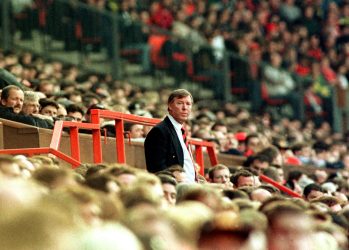
Tactical Intelligence that Shaped Eras
Ferguson’s tactical flexibility allowed him to dominate in different eras of football. He didn’t rely on a fixed formation; instead, he adjusted his tactics to reflect changing personnel and challenges. From swift counter-attacks to methodical midfield control, his teams always played with purpose. His openness to fresh ideas, and the autonomy he gave to key players and assistants, created a system that adapted rather than aged. This ever-evolving strategy kept Manchester United ahead of their rivals for years. Ferguson’s awareness of his team’s strengths and weaknesses helped them outmaneuver elite clubs on the world’s biggest stages.

Fueling Football’s Greatest Duels
During Ferguson’s reign, the Premier League witnessed some of its most iconic rivalries. From the fiercely contested battles with Arsenal’s Wenger to the escalating tension with emerging giants like Manchester City, Ferguson thrived under pressure. These rivalries were more than contests—they were tactical chess matches, media showdowns, and mental warfare. Ferguson’s ability to control narratives and maintain his team’s focus through these intense battles helped shape the league’s dramatic appeal. For fans and pundits, every match was a new chapter in a larger rivalry story where Ferguson’s strategies often tilted the balance in his favor.

The Emotional Genius Behind Player Relations
Ferguson’s ability to manage individuals with different temperaments was one of his most underrated strengths. He didn’t treat all players the same—instead, he tailored his approach to each individual’s personality. This emotional awareness allowed him to push some players harder while offering others a more supportive environment. Whether dealing with emerging stars or seasoned veterans, he built loyalty through honesty, consistency, and timely encouragement. His tough love wasn’t about intimidation—it was about accountability. This skill ensured that his teams remained cohesive and motivated throughout his long reign, even during high-pressure seasons.
Learn More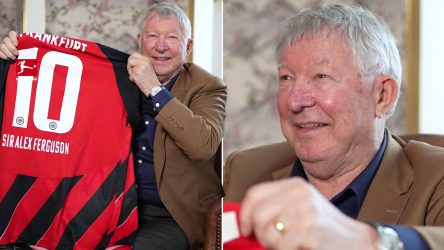
Beyond Old Trafford – A Worldwide Influence
Ferguson’s legacy crossed borders and industries. His philosophies were adopted far beyond football—by corporate leaders, academic institutions, and military schools. His books on leadership became reference points for anyone seeking to understand long-term success under constant scrutiny. Ferguson represented more than Manchester United—he symbolized the values of hard work, evolution, and enduring focus. His ability to communicate vision and empower teams made him a model of modern leadership. His global lectures and mentoring efforts extended his influence far beyond the touchlines of European stadiums.
Read Full Impact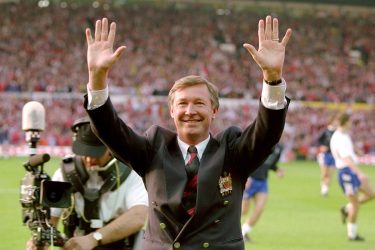
Never Backing Down: The Spirit of Comebacks
One of the defining themes of Ferguson’s time at United was resilience. His squads gained a reputation for defying the odds and clinching victories at the last possible moment. The term “Fergie Time” came to represent this never-say-die attitude. The stunning 1999 Champions League final against Bayern Munich, where United overturned the result in stoppage time, perfectly encapsulated this spirit. These moments weren’t random—they were cultivated through training, belief, and the psychological edge Ferguson gave his players. His resilience culture ensured that his teams always believed until the final whistle, creating unforgettable moments for fans around the world.
Discover the Comebacks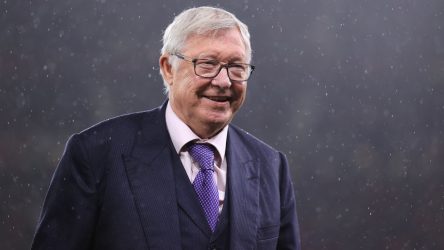
A Philosophy That Continues to Inspire
Ferguson’s methods continue to influence modern football at every level. His philosophy emphasized nurturing homegrown players, long-term planning, and unwavering standards. Clubs and managers across Europe cite his model when striving to balance ambition with identity. His success wasn’t about one tactic—it was about embedding a culture of excellence. Ferguson’s influence extends into coaching manuals, business lectures, and club strategies that aim to build sustainable success. He left behind a culture—not just memories. His principles remain relevant and continue to spark debate, inspiration, and admiration within the sport and beyond.
Explore the Blueprint